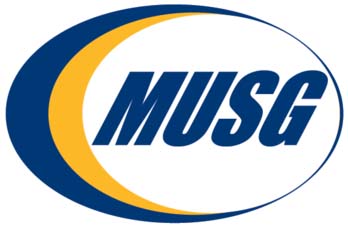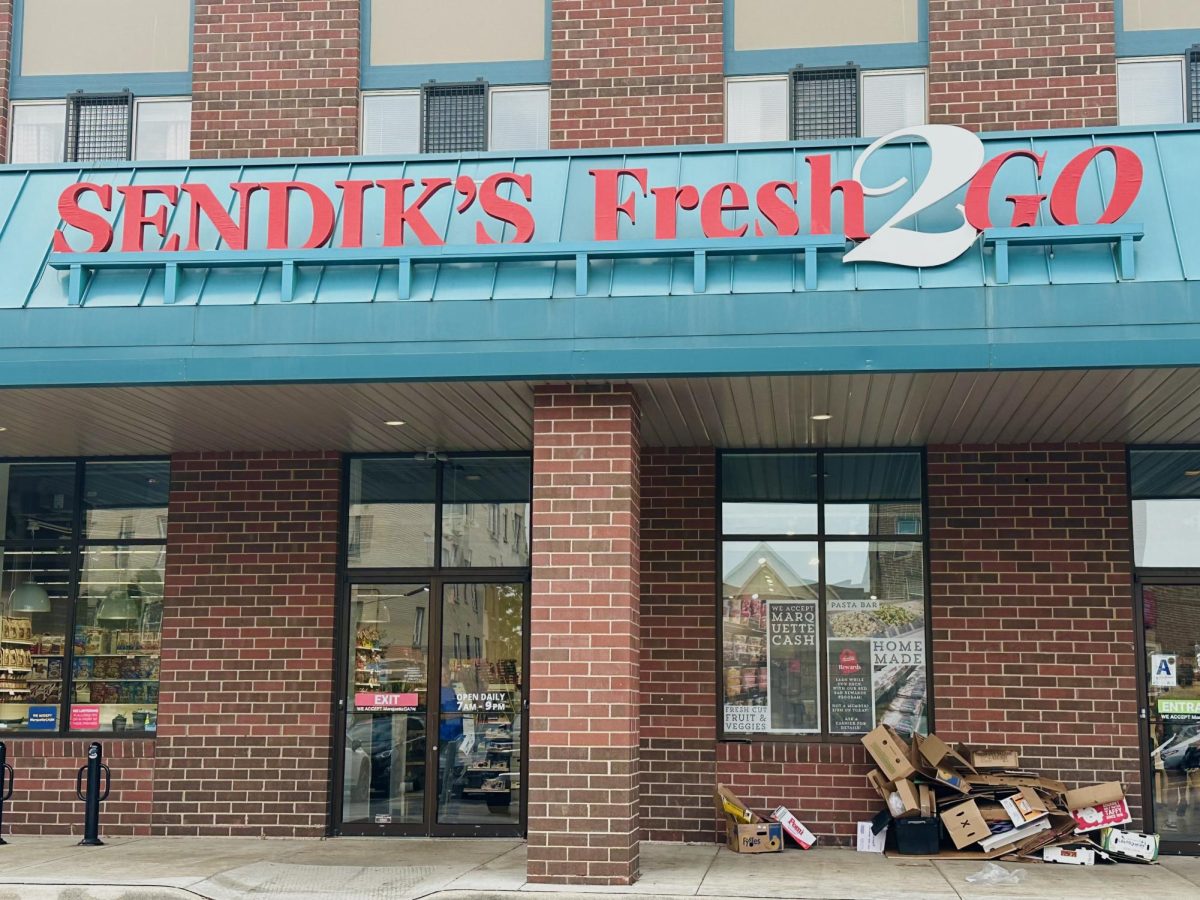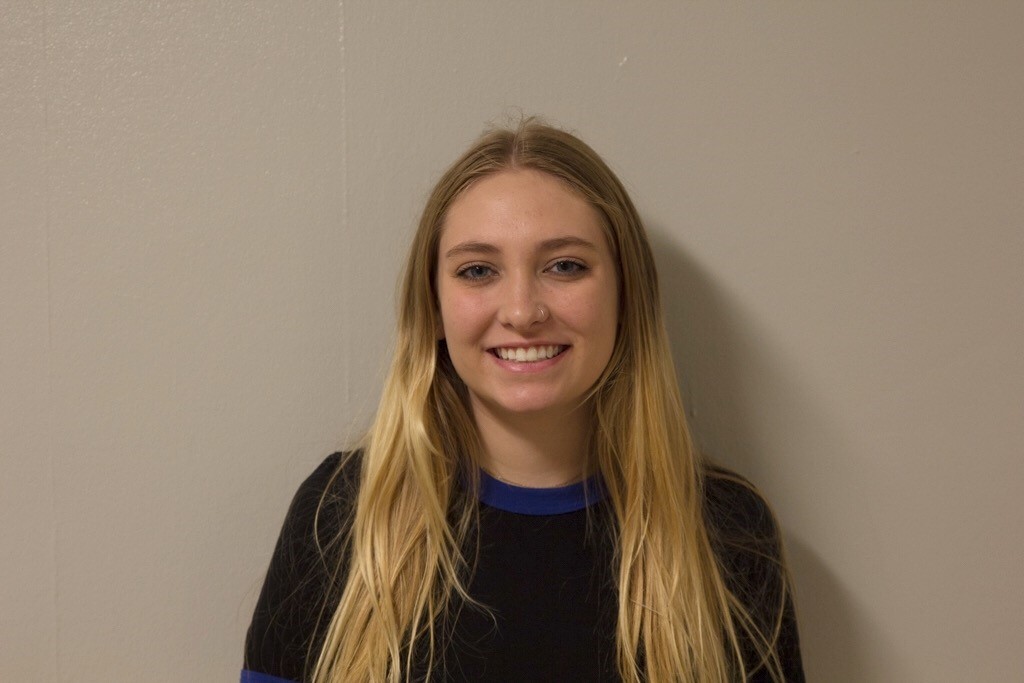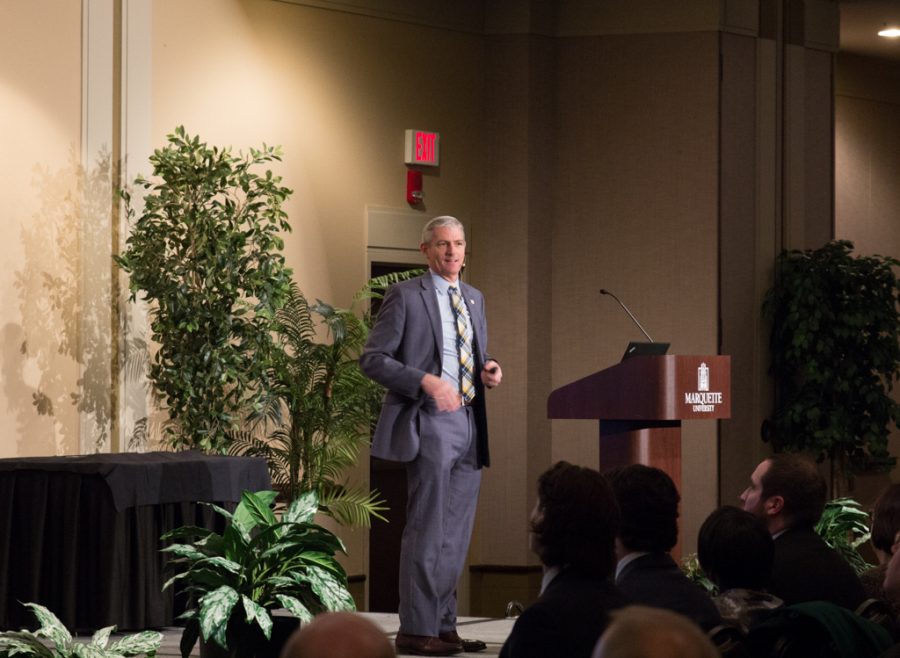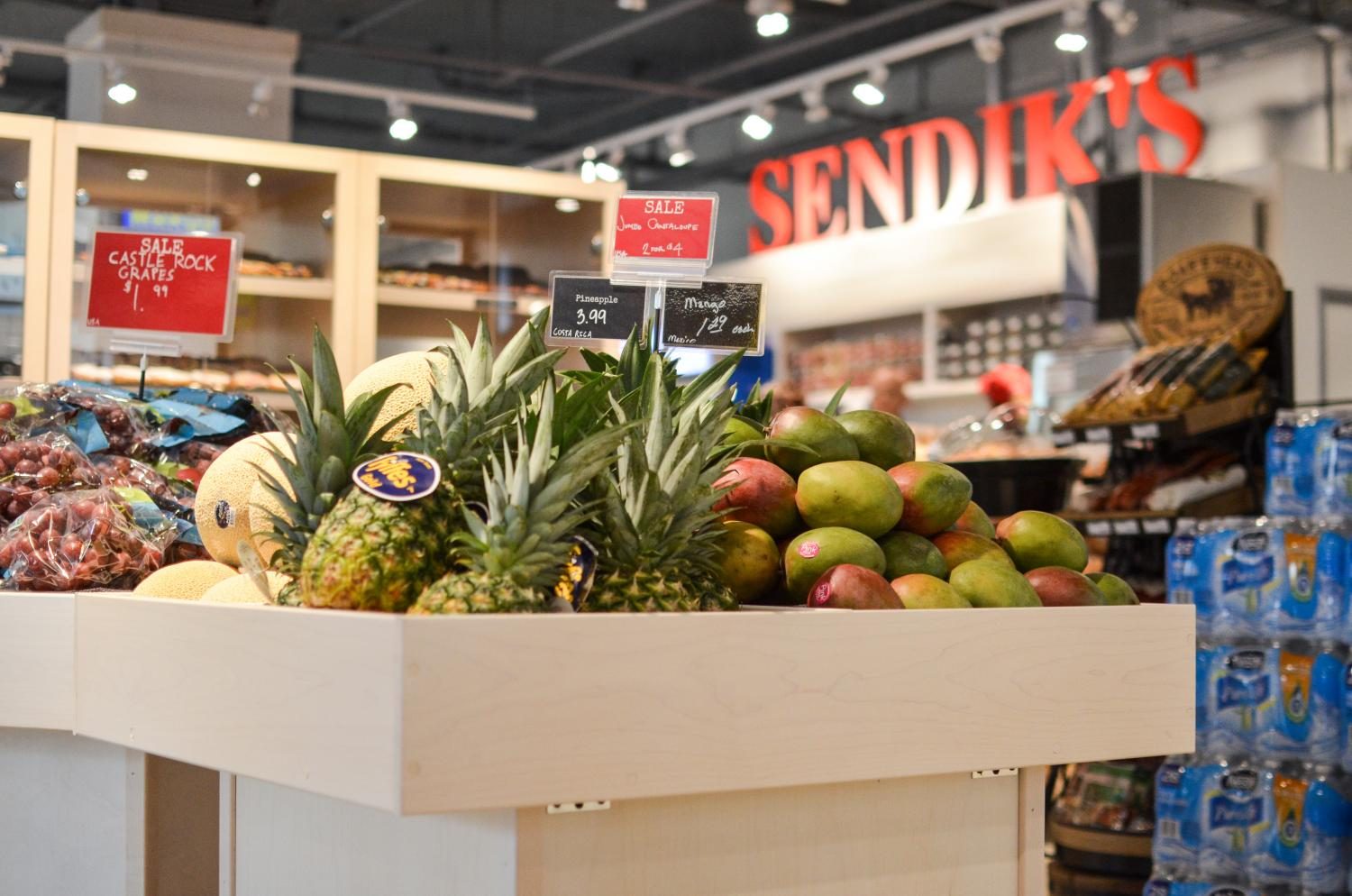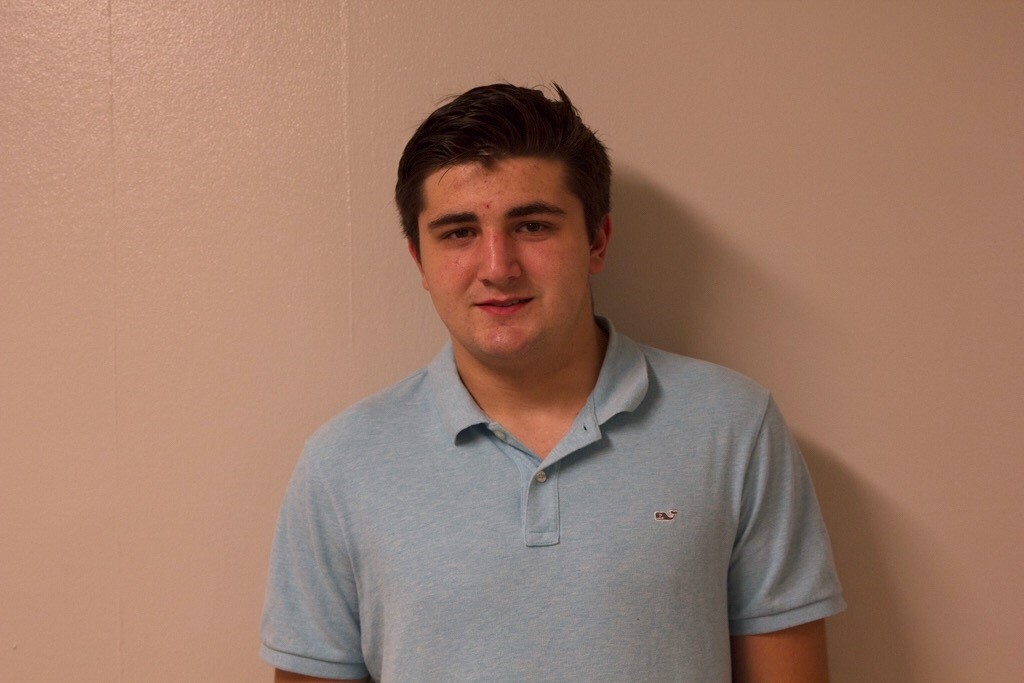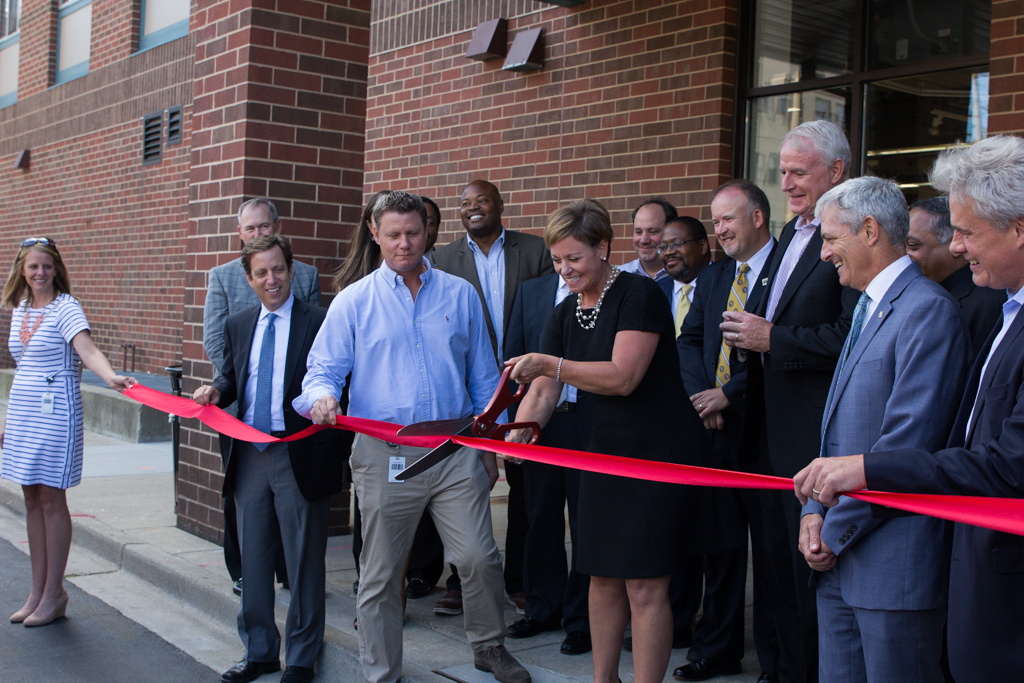This weekend’s Late Night Marquette event, shuttling almost 100 students to Target for a grocery run, is what’s left of an effort by Marquette Student Government to address campus’ lack of grocery store options by offering transportation elsewhere.
But that event won’t happen again, said Jennifer Ciesiulka, coordinator for campus programs, even though MUSG senators passed legislation to use money from its Prior Year Reserve Fund for a shuttle program.
MUSG eventually nixed the shuttle program following a veto of the legislation by former MUSG President, Sam Schultz, based on concerns about the message it sent about the university.
“The problem was that it gives out the impression that Marquette students can’t take the public buses,” said Programs Vice President Ryan Twaddle, a junior in the College of Arts & Sciences. “We have a bus pass, we are given the means to get to Target for free. So why do we deserve these big yellow buses to drive us over there?”
The Late Night event, which was hosted by Target and also included buses to and from the University of Wisconsin-Milwaukee, originally attracted about 300 students, Ciesulka said, but a scheduling conflict pushed the event to Labor Day and lowered turnout to 92 students.
“Targets all across the United States host events called After Dark events that will allow students to shop in the stores after it closes.” Ciesiulka said. “It was a really low-cost option for us; we paid for wristbands so we would be able to identify who was a Marquette student and who was a UWM student.”
Because Target put on the event, Ciesiulka said, Late Night has no plans to sponsor another shuttle to Target. Twaddle also said there are no plans to reinstate last year’s program.
If last year’s program did happen, it would have transported students every other week to the store. Twaddle said it would have cost $3,000 every trip, pulling funds from MUSG’s surplus reserve that reached about $250,000 last year.
That amount of money was five times the reserve requirement under MUSG’s financial rules, and was made up of money that MUSG ended up not spending over the past few years.
Current MUSG president Kyle Whelton has made spending the surplus reserve a priority for his term, already using some of it for sustainability projects. Whelton estimated earlier this year that the fund stood at $163,000.
In the meantime, Twaddle said senators will be working on bringing more grocery options to campus, which has been categorized as a food desert by the U.S. Department of Agriculture.
“The buses got shot down, so what is next?” Twaddle said. “We don’t know what we are going to do yet, but we are actively trying to identify a solution to this problem.”

